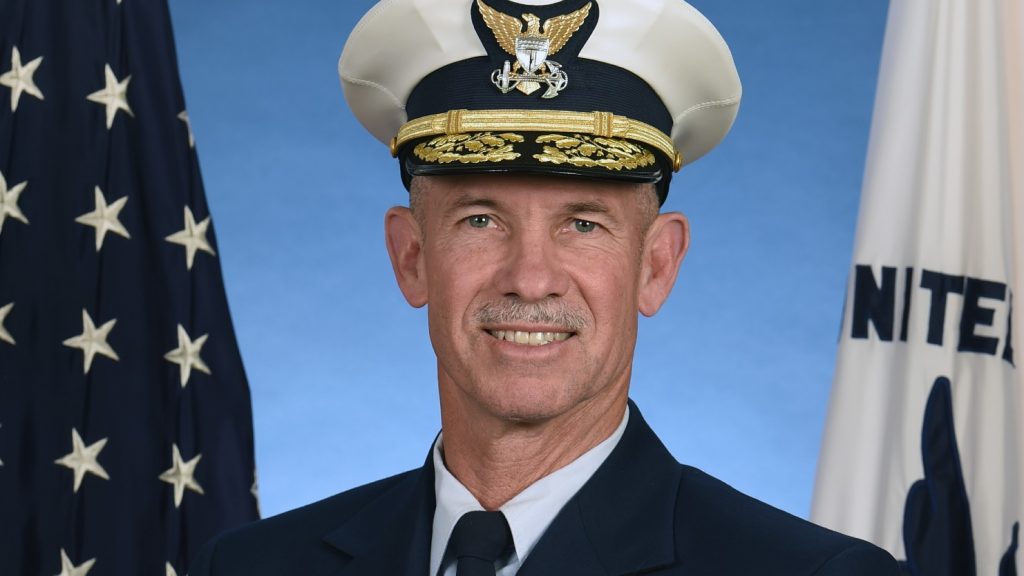Russian intimidation of Bering Sea fishermen shows gap in Arctic investment, Sullivan says

The second-in-command of the U.S. Coast Guard shouldered some of the blame on Tuesday for incidents in August in which the Russian military intimidated Bering Sea fishermen out of American waters.
Admiral Charles Ray told a U.S. Senate panel the Coast Guard knew Russia was conducting a military exercise in the area and failed to tell the Bering Sea fishing industry.
“This was not our best day, with regards to doing our role to look after American fishermen — the U.S. Coast Guard,” Ray said. “I’ll just be quite frank: We own some of this.”
At-sea Processors Association Director Stephanie Madsen said fishermen fear being caught in the crossfire as Russia and the U.S. vie for dominance in the Arctic.
Madsen described for the Senate Commerce Subcommittee on Security a harrowing scene on the fishing grounds.
“In the first such incident, the Northern Jaeger was harassed by members of the Russian military over the course of five hours,” she said. “A Russian warplane flew overhead for two hours, issuing warnings and threats via radio in broken English.”
A nearby Russian warship then issued a series of escalating threats until, Madsen said, the captain of the Northern Jaeger felt he had no choice but to comply and sail five hours south.
Additional American vessels buzzed
In the second instance, Russian planes repeatedly buzzed two American vessels and warned of live missile fire. Those ships, too, left the area. One captain had to cut loose his fishing gear to flee faster. Madsen said the financial loss to the companies that own the ships is in the millions.
Sen. Dan Sullivan said the Arctic is the next arena of great military power competition, and Russia has built up a lot more infrastructure on its side.
“Without further investment in our polar capabilities, our adversaries’ influence will grow,” warned Sullivan, who chaired the hearing. “And if that happens, we risk our ability to protect U.S. vessels conducting commerce, to enforce international law, and to defeat threats to our national security.”
Sullivan said Congress is already advancing Arctic projects to catch up. These include a deep-draft port at Nome, which Sullivan said should be the first in a series. Congress has also funded one new icebreaker, with plans for five more.
Admiral Ray said the Coast Guard now holds regular meetings with the Bering Sea fishing industry to avoid dropping the ball on communications again.
Related stories from around the North:
Canada: Canada’s environment minister concerned about Alaska seismic project impacts on Indigenous communities and trans-border wildlife, Eye on the Arctic
Finland: The Arctic Railway – Building a future, or destroying a culture?, Eye on the Arctic
Iceland: Arctic Council’s work on track despite pandemic, now gearing up for 2021 ministerial, says ambassador & SAO, Eye on the Arctic
Norway: Norway’s new Arctic Policy outlines dramatic shift in regional security, The Independent Barents Observer
Russia: Northern climate change will cost country €99 billion says Russia’s Minister of the Arctic, Eye on the Arctic
United States: Arctic policy after the U.S. Election, damage control ahead?, Blog by Marc Lanteigne



